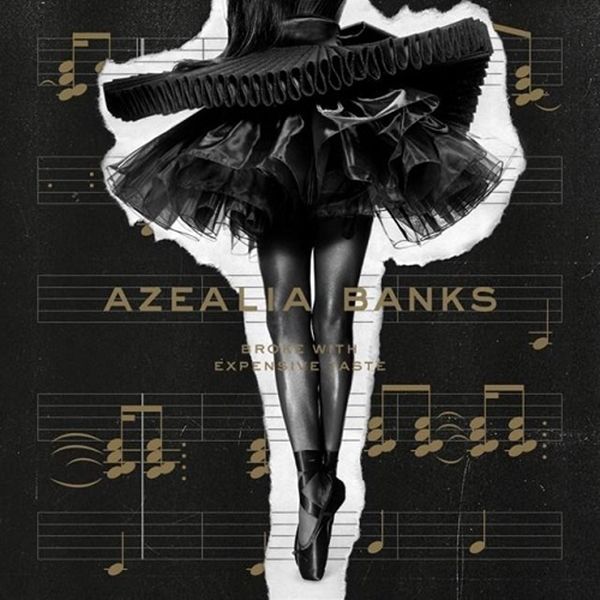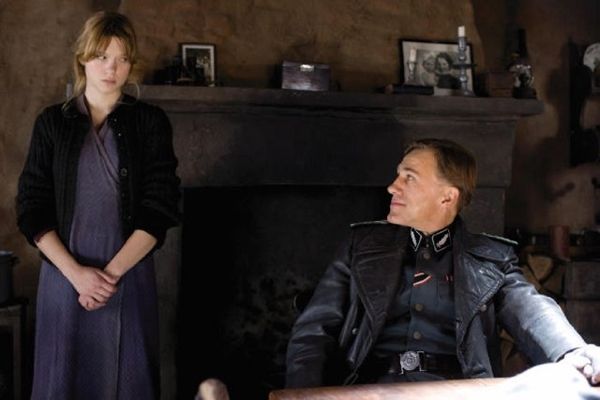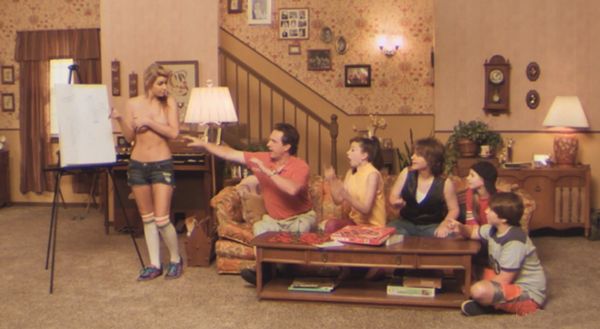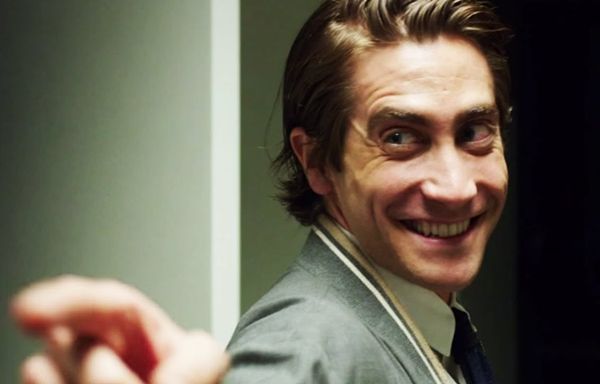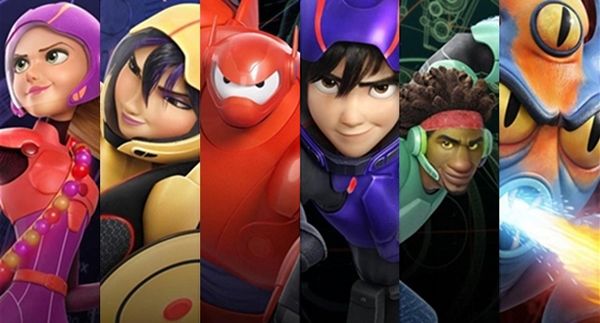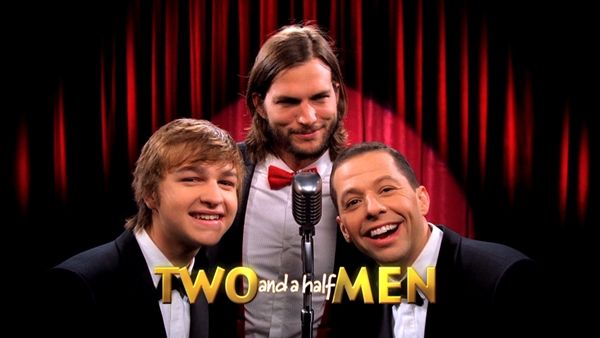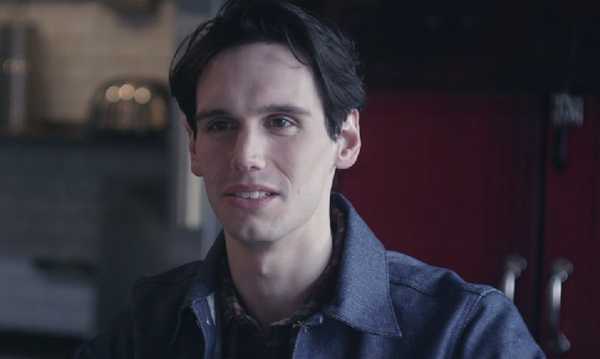{Originally appeared in Man of the Hour Magazine on November 26, 2014}
From our earliest recorded works, mankind has shown a fascination with the lives of others. A craving to know the stories of those who came before and those of our own time whom we revere, whether it be the objective chronicling of Herodotus or the fictionalized, fantastic tales of Achean heroes by Homer. Yet strangely, within the broad pantheon of chronicles, there is a small corner, off to the side and at times disregarded, in a strange predicament where we give far more regard to biographical works written by just about anyone who should like to than we do the person who had actually lived the life itself. Admittedly, autobiographies and memoirs are indeed the most subjective of any attempt to capture an individuals life in words, but they also have the most unique and fully informed vantage point, which gives them a fascinating perspective often under-appreciated.
It boggles the mind how few memoirs are regarded with as high esteem as works of fiction, particularly when roman a clef works like The Portrait of the Artist as a Young Man, The Bell Jar and On The Road are so constantly apotheosized and picked apart by scholars desperate to be literary archeologists excavating from within the texts flakes of the autobiographical (indeed, it would be interesting to see how many frustrated academics have postured and postulated upon the autobiographical elements of Huckleberry Finn within the past two years and how many have paid any mind to the actual recently published Autobiography of Mark Twain). Yet, when properly composed, the memoir/autobiography can be the most exciting and enlightening of its ilk, be it the divine Confessions of St. Augustine to the remarkably honest Autobiography of Malcolm X(highlighted in last month’s column). We won’t go so far as to suggest the four recently published celebrity memoirs achieve what the above mentioned have. Indeed, these celebrity books may not even stand the test of time, as certainly none contain anything so scandalous as to cause an uproar as some other works have this year. Yet, indeed, that’s their charm. In this stressful holiday season, no one really has time for a full reread of the works of Ernest Hemingway or Rememberance of Things Past. Instead, settle in for a simple read, a self-compiled chronicle of honesty and wit that may serve as the first wade into the water of your return to (or first journey into) the genre of the memoir.
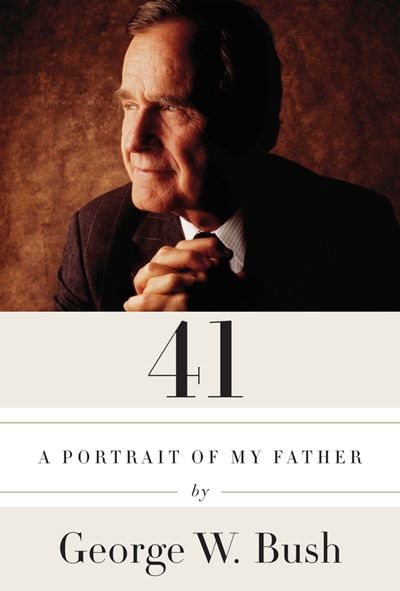
41: A Portrait of My Father by George W. Bush Though not a memoir in the strictest sense, the perspective is hard to ignore in the former 43rd president’s account of the life of his father, the former 41st.
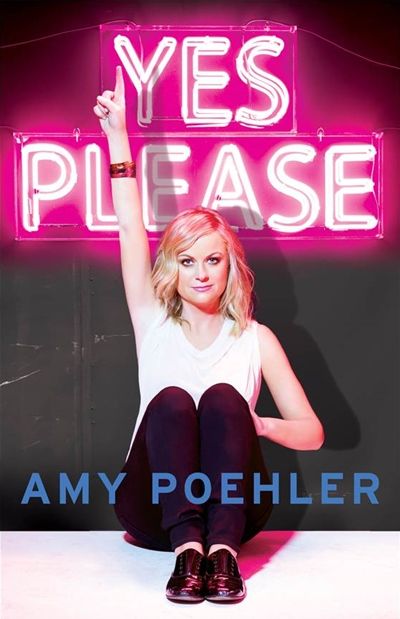
Yes Please by Amy Poehler The comedian and Parks & Recreation star has followed in the footsteps of her best friend and Bossypants author Tina Fey by compiling this equally funny collection of essays and anecdotes.

The Andy Cohen Diaries: A Deep Look At A Shallow Year by Andy Cohen Andy Cohen is the hyper, spritely embodiment of everyone’s one friend who indulges in and embraces trashy television, trashy culture and trashy people. If John Waters had a talk show and a bit less of an obsession with the scatalogical, it would look a great deal like Watch What Happens Live, and now its host has chosen to put to paper what you didn’t see on screen.
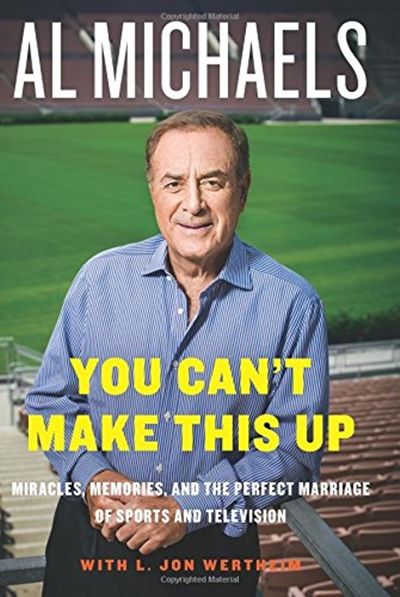
You Can’t Make This Up: Miracles, Memories, and the Perfect Marriage of Sports and Television by Al Michaels There’s no denying it, Al Michaels is a legend in the broadcast world. Whether you remember his voice from Monday Night Football, the literally earth-shaking 1989 World Series or asking if you believed in miracles, you know the man has countless stories to tell from inside some of the greatest moments in sports, and now he finally tells them.


